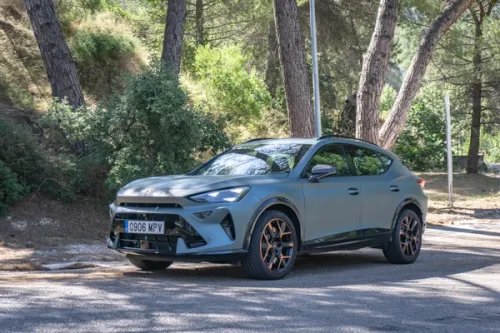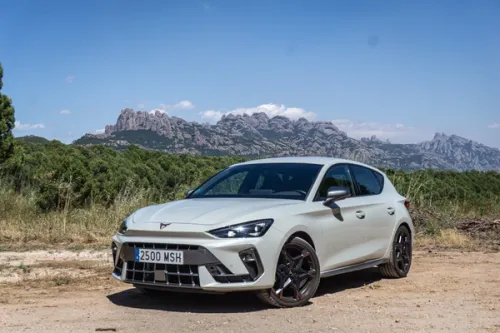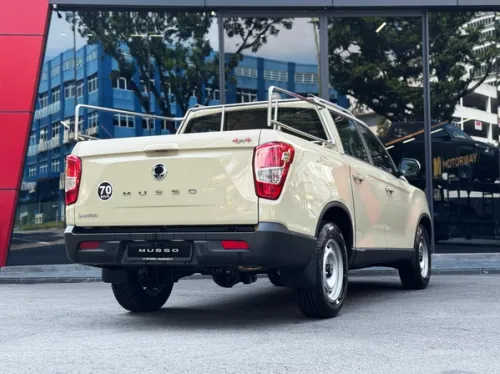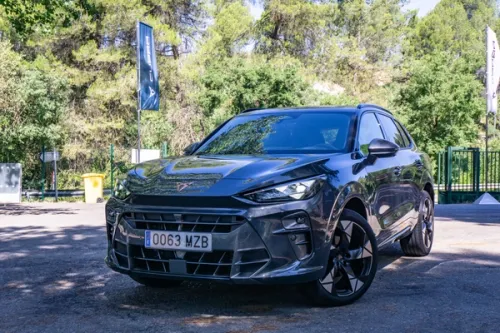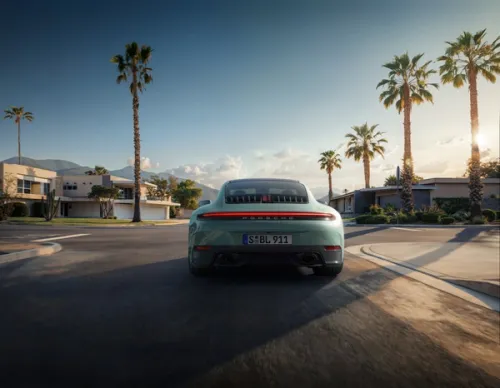BMW Leads Classes in ÖKOTREND Research
BMW 730d BluePerformance and BMW X1 sDrive20d EfficientDynamics Edition named most eco-friendly models in their class


BMW EfficientDynamics is increasingly becoming a byword for driving enjoyment combined with the added bonus of outstanding environmental compatibility. The exceptional environmental qualities of current BMW products have now been confirmed in the latest annual ranking list published by Germany’s ÖKOTREND Institute for Environmental Research. Based on extensive comparison tests, this impartial organisation has named the most eco-friendly vehicles in 12 different classes.
In the ÖKOTREND ranking table for 2013, two current models from the German premium manufacturer – the BMW 730d BluePerformance and the BMW X1 sDrive20d EfficientDynamics Edition – were named the most eco-friendly vehicles in their respective categories. The rankings are compiled on the basis of fuel consumption and emissions, along with other criteria such as sustainable production processes and perceived corporate environmental and social responsibility. The latest ÖKOTREND rankings will be published in full in issue 1/2013 of “AUTO TEST” magazine.
By introducing groundbreaking fuel consumption and emissions-lowering BMW EfficientDynamics features as standard on all new BMW models, starting in 2007, BMW helped technologies such as Braking Energy Regeneration and the Auto Start-Stop function to break through to a wider market. BMW EfficientDynamics technology is used in all BMW model series, and every year more and more of these innovative, efficiency-enhancing technologies are finding their way into the range.
Supported by the EfficientDynamics strategy, the BMW Group reduced the average fuel consumption and emissions of its vehicles sold in Europe by more than 25 per cent between 1995 and the end of 2008. The company has also announced that it intends to reduce CO2 emissions from its worldwide new-car sales by a further 25 per cent by the year 2020, with the help of a highly diversified range of drive technologies. In addition to ever more advanced internal combustion engines, these also include electrification. The current product range already includes three models featuring BMW ActiveHybrid technology. And for the near future, the BMW Group is also developing the BMW eDrive concept, comprising both all-electric and plug-in hybrid models.
Currently, 20 BMW models have CO2 emissions of less than 120 grams per kilometre. In the new ÖKOTREND rankings, one of these models has been named the most eco-friendly vehicle in the “compact SUV” class. The BMW X1 sDrive20d EfficientDynamics Edition has average EU fuel consumption of 4.5 litres per 100 km (62.8 mpg imp) and CO2 emissions of 119 g/km. With its 120 kW/163 hp four-cylinder engine, this compact BMW X model also offers impressively sporty performance.
In the luxury class, first place in the ÖKOTREND rankings went to the BMW 730d BluePerformance. Its 190 kW/258 hp six-cylinder in-line diesel engine achieves average EU fuel consumption of just 5.6 litres per km (50.4 mpg imp) with CO2 emissions of 148 g/km. Equipped with the optional BMW BluePerformance package, the 730d also complies with the future EU6 emissions standard, scheduled for introduction in 2014. Including the current ÖKOTREND winner, there are now 30 BMW models that are EU6-compatible as standard or with BMW BluePerformance technology as an option.
BMW rounded up this excellent performance in the latest ÖKOTREND results with second place in the mid-size category for the BMW 320d EfficientDynamics Edition and third place in the compact class for the BMW 116d EfficientDynamics Edition. In both cases, only hybrid models achieved better environmental performance. The BMW 320d EfficientDynamics Edition achieves average EU fuel consumption of 4.1 litres/100 km (68.9 mpg imp) with CO2 emissions of 109 g/km, while the BMW 116d EfficientDynamics Edition boasts the lowest fuel consumption and CO2 emissions of any model in the current BMW range with figures of 3.8 litres/100 km (74.3 mpg imp) and 99 g/km.
55 per cent of the total possible ÖKOTREND points are awarded for vehicle-specific features, with particular emphasis on efficiency. The remaining 45 per cent of points are awarded for more general factors such as materials sourcing, production, recycling and corporate environmental and social responsibility. In this area too, BMW models achieved excellent scores. The BMW Group first defined sustainability as a core corporate principle several decades ago. Independent third-party assessments regularly corroborate the company’s high standards of environmental and social responsibility. Earlier this year, for example, the BMW Group was named the most sustainable automotive manufacturer in the world in the Dow Jones Sustainability Index, for the eighth year running.
Credits: wilswong


Get the Best Price for your used car
from 500+ dealers in 24 hours

- Convenient and Hassle-Free
- Consumer Protection
Transparent Process
With No Obligation
